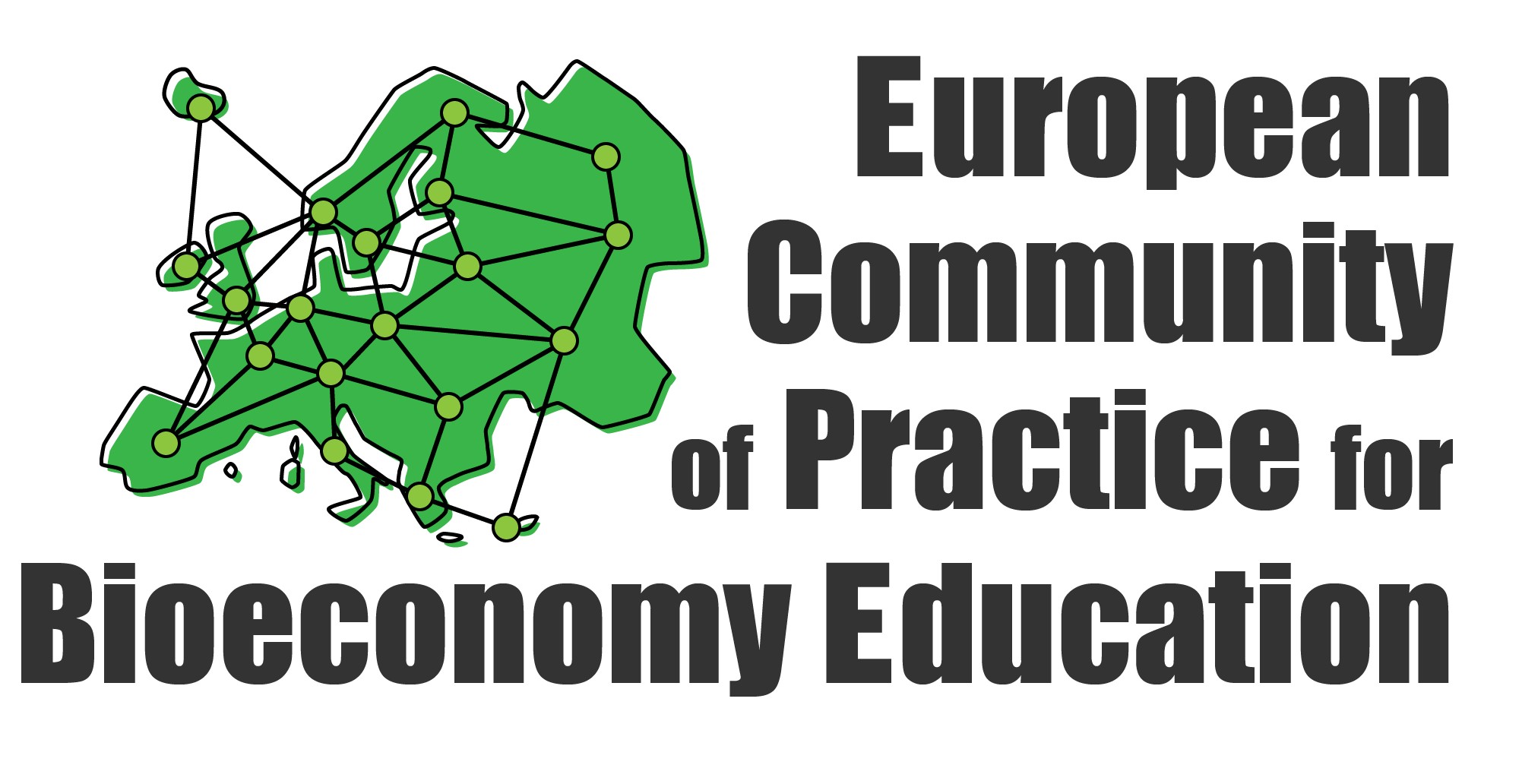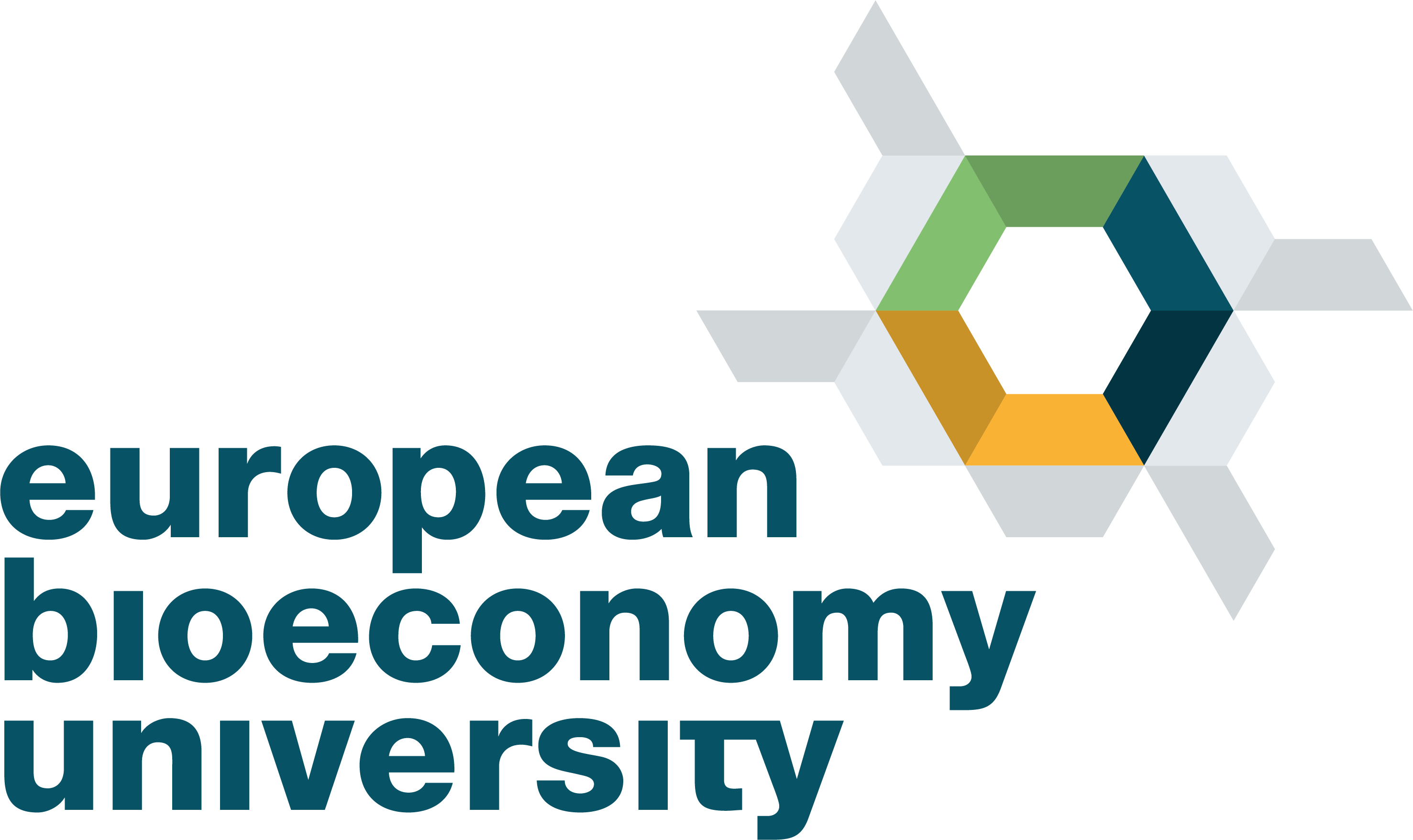 |
 |
Engaging with the corporate world to enhance the provision
by life science universities and faculties
of lifelong learning for professionals in the Bioeconomy
will be held on 23 and 24 October 2024
at the Faculty of Agriculture, University of Zagreb, Croatia
Click here to See the detailed Programme & the Presentations
The goal of the ICA Community of Practice for Bioeconomy Education (CoP Bio-Edu) is to enhance the quality, offer and diversity of education for the sustainable circular bioeconomy in Europe.
A Workshop focus
These days, the bioeconomy corporate world is evolving faster than ever. With the shift to the development of the bioeconomy, in particular the bio-based economy within the bioeconomy, new expertise is required. Job descriptions change, old roles become irrelevant, and new skills are needed. The professional workforce for the bioeconomy needs to develop new competences. The provision of life long learning must be embedded in the workplace.
Because of this, industry leaders and the professionals themselves are increasingly prioritising lifelong learning. This creates job security, opens new doors, and gives professionals the skills they need to thrive in their chosen career fields.
Life Long learning offers new opportunities for life science universities to meet this demand and to engage proactively with both large companies and with small to medium sized enterprises (SME).
The key objectives of the workshop will be to:
- Recognise and evaluate the different approaches to lifelong learning opportunities in general and how they are offered by life science universities The possibilities range from dedicated courses to masterclasses for professionals, professionals engaging in selected parts of university student degree programmes, to MOOCS and other online delivered courses.
- Evaluate how success in a lifelong learning intervention can be recognised, from certificates, to micro-credential diplomas and badges. What is the expectation of industry, SMEs and professionals for such recognition?. Could these lifelong learning courses be part of university curricula being certified with credits for university students?
- Examine the business model for such lifelong learning opportunities. To examine whether there are regional differences in support provided by the state, by industries and self-funding by the professionals.
- Identify success stories of the cooperation between industries or SMEs and life science universities for engagement in lifelong learning. What are the key unique selling points for life science universities in supporting successful lifelong learning interventions. Which university models for supporting lifelong learning are successful.
- Identify potential motivations on economic, social and career levels in order to enhance the interest and eventually to connect lifelong learning with ongoing Open Science programs.
B Expected Outcome
It is expected that participants will:
- Realise an optimal engagement of both universities and employer partners in lifelong learning programmes and interventions to meet the expectations of industry and SMEs to support their staff with the skills and competences they need to thrive in their chosen fields.
- Have a broadened vision on the assumptions, the impact and the possibilities of introducing and expanding lifelong learning within their regional ecosystems in the field of the bioeconomy.
- Incorporate assessment for a better evaluation of the program on a case by case basis
- Value to universities students and financially
C Target Audience
Degree programme coordinators, lecturers, members of committees responsible for the (strategic) development of curricula. National education advisors and employers, who have a special interest in cooperating with education institutions, are also invited to contribute to the discussion. HR professionals from both industry and universities are invited to participate as well.
D Workshop Format
Each Session of the Workshop theme will be addressed by keynote speakers followed by round table breakout groups to discuss the issues raised, with a concluding report from the breakout groups of the issues raised.
E Supporting Network
The Workshop is supported by the European Bioeconomy University (EBU)
See the detailed Programme & the Presentations

